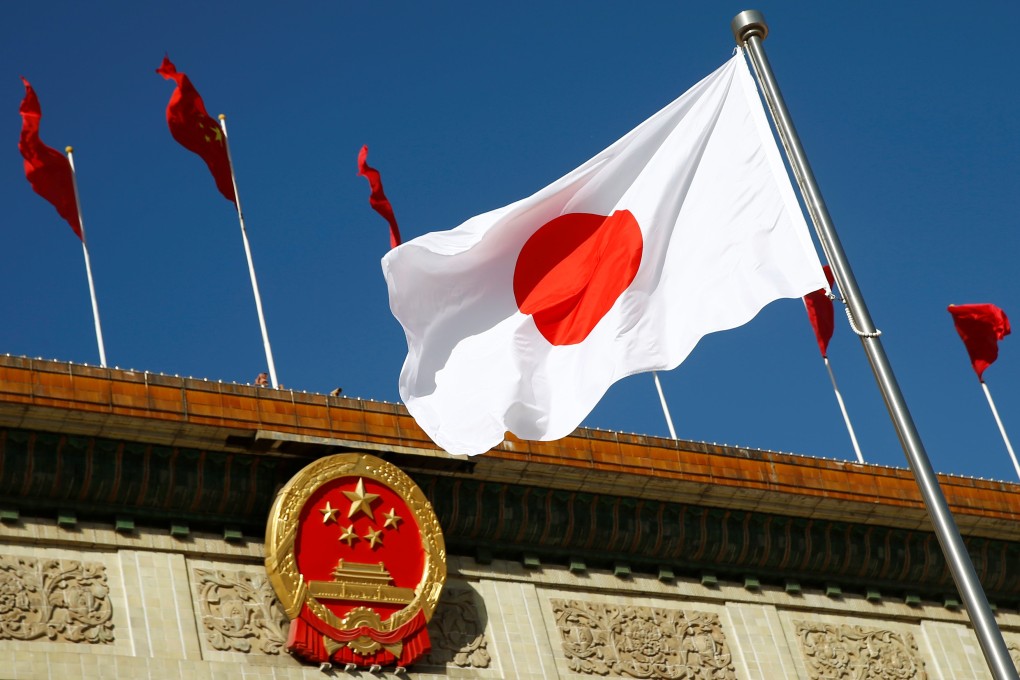China ‘wants new security relationship with Japan’ as US trade war leaves Beijing looking for friends
- Former diplomat says Beijing made the offer during a visit by Prime Minister Shinzo Abe last year – but has not explained what this will mean
- China is seeking to build ties with its neighbour after chill in relations with Washington left it feeling increasingly exposed

China has suggested to Japan that the two countries should try to build a new security relationship as it seeks to overcome their long-standing rivalry in the face of worsening relations with the United States, according to a former Japanese diplomat.
Tomoki Kamo, who is now a professor specialising in China affairs at Keio University in Tokyo, said Beijing first proposed the idea when Japanese Prime Minister Shinzo Abe visited China last October.
Abe’s visit was seen as an effort to improve relations after the two sides’ long-standing territorial dispute in the East China Sea boiled over in 2011.
“The Chinese side coined the phrase ‘new security relationship’ before Abe visited China last year,” Kamo said. “Obviously, Beijing’s worsening ties with Washington were an important trigger”.
However, China is yet to give any details about what this relationship would entail, leaving Japan unsure what is being suggested.
However, some Chinese diplomatic observers have suggested it means coming up with measures to manage their disputes and prevent crises.